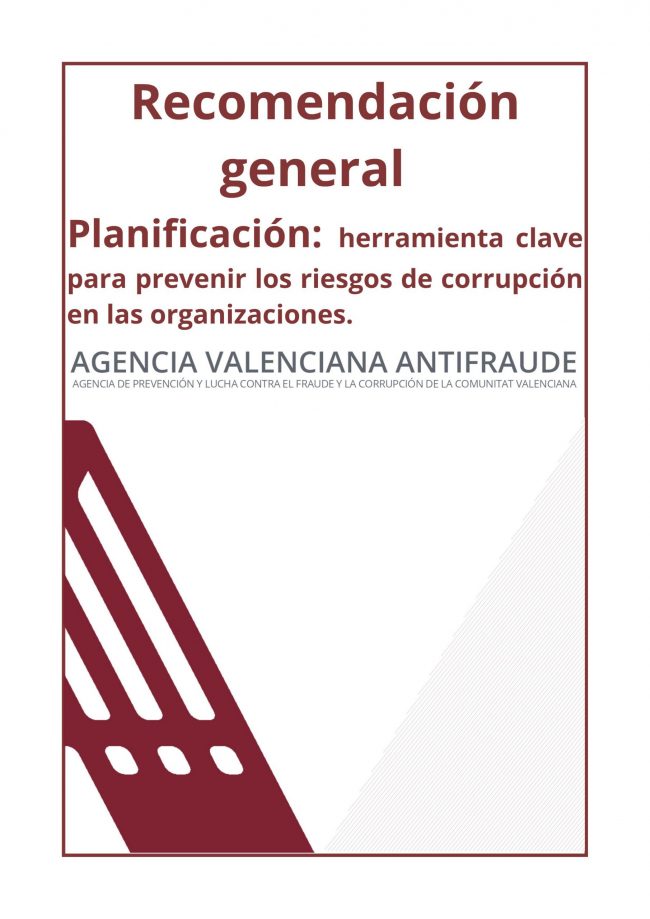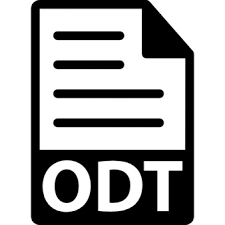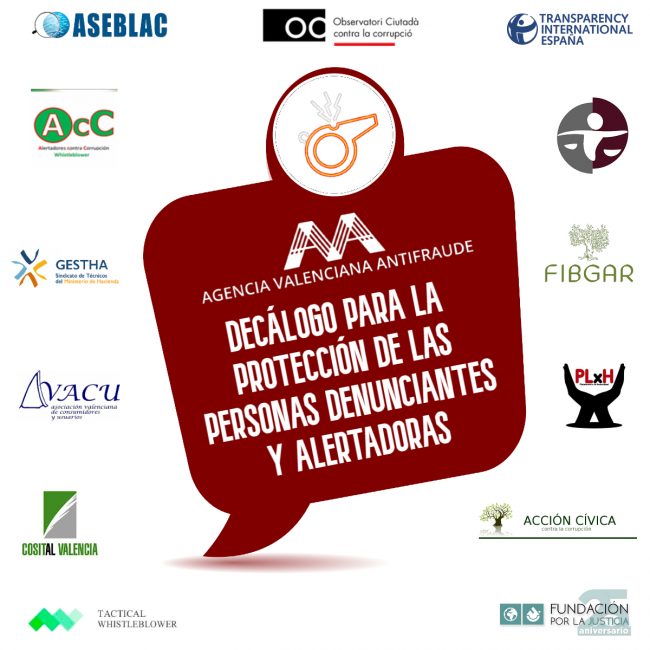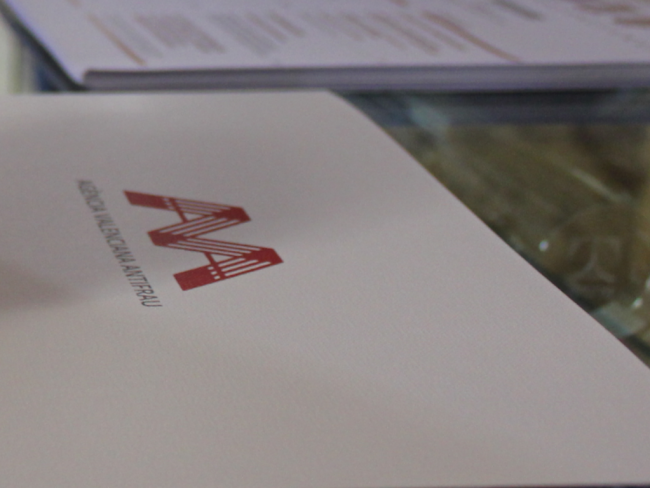Valencia, November 3, 2020.– The Valencian Anti-Fraud Agency has published a recommendation that emphasizes the importance of planning as a key tool to prevent the risks of corruption in public administrations.
Among the main risks of corruption detected is precisely the lack of planning of public policies and their management since without such planning the general interests cannot be prioritized, prevailing the culture of improvisation and of the “urgent” over the ” important”.
Likewise, the lack of planning leaves open the door to other risks such as conflict of interest, unjust enrichment or the lack of control of the activity of public institutions.
Planning is of vital importance also in crisis contexts such as the current one that we are experiencing with COVID-19 since planning offers us a strategic vision that allows us to reallocate resources in those areas of activity that, because they are considered “essential services”, must be reinforced .
This new AVAF recommendation, in addition to pointing out the value of planning as a basic tool for the prevention of corruption, provides some clues on how this planning should be carried out, pointing out the consequences caused by the lack of it and affects the need to evaluate the plans and take measures in the face of detected deviations between what is intended and what has been achieved.





